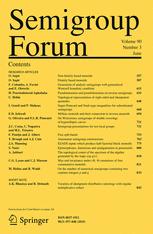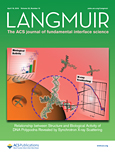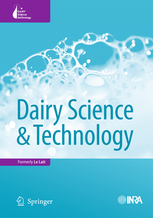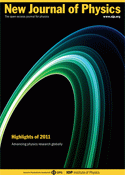 This case of plagiarism is a little weirder than usual.
This case of plagiarism is a little weirder than usual.
A paper has been retracted from Semigroup Forum because it includes material taken from another researcher’s manuscript — which was handwritten. In fact, the same journal had already published a paper by the plagiarized researcher, also based on the same manuscript. The journal editor told us that, although the two papers are similar, they are not word-for-word copies, and thus escaped detection.
The retraction notice for “Varieties of bands with a semilattice transversal” gives more details about the handwritten manuscript:
Continue reading Paper plagiarizes from handwritten manuscript








